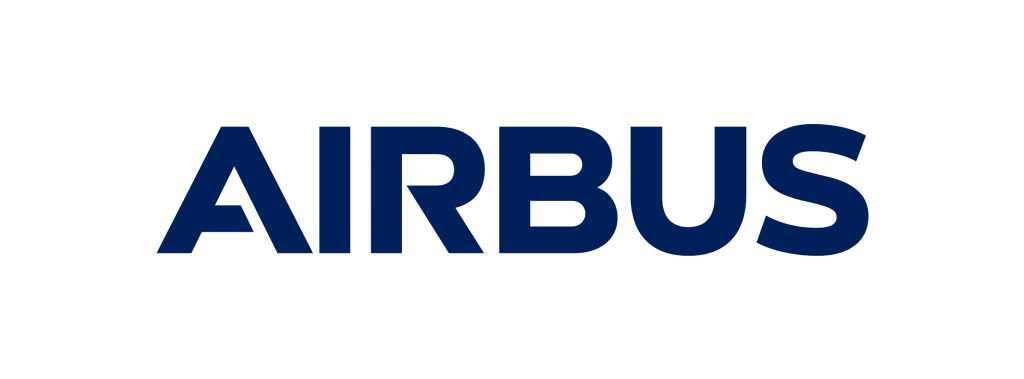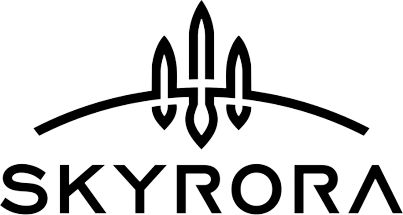Over the years, we have also held a number of workshops with the aim of diversifying the skillsets of our members. Some of these have returned due to popular demand, others have been stand alone events.
If you have an idea for a workshop that you would like to see us run, please submit it below.
2020 – 25th, 26th January: terra_Nova Hackathon, University of Edinburgh
This was our first hackathon, challenging students to address one of the UN’s Sustainable Development Goals using satellite data over the course of just 24 hours. It was aimed at students with some programming experience, but no prior experience of Earth observation data. A number of workshops gave participants the basic knowledge and skills needed to access and process satellite imagery, and expert mentors helped students with their projects as they progressed. As the event was hugely successful we plan to host more in the future.
2019 & 2020 – Student Space Ambassadors, London, Manchester & Bristol
Our outreach team joined forces with ESERO-UK, the UK branch of the European Space Education Resource Office, to host three Student Space Ambassador training workshops. The Ambassador scheme gave volunteers the skills needed to host their own space outreach events; the tools to help engage, inspire and teach the next generation; and to find schools and science fairs to take their knowledge to.
2019 – 2nd February: Computer Aided Engineering in Space Workshop, Open University Milton Keynes
In this workshop, staff from MSC Software gave an introduction to how vibrational analysis is incorporated into real-world engineering projects and how to use their software. While the event was aimed at supporting teams from the UKSEDS Olympus Rover Trials (a competition to design, build and test a small Martian rover), students who were interested in how vibration analysis is used in the design and testing phases of a space project were welcome to attend.
2017 – 21st April: Student Propulsion Forum, London
This one day forum, the first of its kind, brought together students and industrial stakeholders to review university based projects in rocket propulsion (with an emphasis on practical experience) in order to allow an exchange of ideas and best practise between UK and European students. It also provided an opportunity for industry to give feedback on education and training requirements from the university community.
2017 – 31st March: Space Policy Day, Cranfield University
The purpose of the Space Policy Day was to enable a discussion to assess the progression of space-related law since the dawn of the Space Age and its impacts on countries and companies. Speakers from the European Space Policy Institute (ESPI) and London Institute of Space Policy and Law (ISPL) provided an insight into the background and current state of space policy, and industry speakers described the impacts on their respective companies. Following these sessions, attendees participated in workshops in which current space policy issues raised in the talks were discussed and potential measures and solutions were brainstormed.
2017 – 25th February: Mission Design Workshop, Leicester
Working in partnership with lecturers at the University of Leicester, this Mission Design workshop covered the basics of astrodynamics and gave attendees an opportunity to simulate basic orbital manoeuvres and burns using NASA’s General Mission Analysis Tool (GMAT).
2017 – February & March: Radio Workshop, University of Sheffield and University of Bath (radio)
This event gave students an opportunity to learn about the use of radio technology and its applications for both space and hobbyist communications in collaboration with the Radio Society of Great Britain. Attendees were able to try their hand at over-the-air ‘contacts’ with radio amateurs in the area, and compete in a ‘fox hunt’ using directional antennas to hunt down radio sources hidden nearby.
2016 – 13th November: Computer Aided Engineering in Space Workshop, Sheffield
Our first Computer Aided Engineering workshop gave attendees an opportunity to learn more about CAE software and how it is used in the design processes in the space industry. The event was organised in association with MSC Software, a company specialising in engineering software, who generously provided expertise and free use of their software.
2015 – 24th January: Astronomy Workshop, University of Oxford
This workshop taught members how to use real astronomical data to identify and measure scientific parameters from comets. The workshop was run by Nick Howes, an astronomer working with the Kielder Observatory in the UK, as well as a freelance science writer whose work has included science writer for the European Space Agencies Science Portal and NASA Blueshift.
2014 – 6th December: Rocketry Workshop, University of Salford
This rocketry workshop gave participants the chance to learn all about building rockets and running rocketry projects. The day was focussed on covering the basics for starting a rocketry project: where to source information and materials, what kind of software can be used to help design a rocket, safety considerations and common mistakes. Attendees were provided with all the tools required to relay all this back to their branch and lead a rocketry project themselves.
2014 – 25th October: Science Communication, British Interplanetary Society
In this workshop, we partnered with Things We Don’t Know to discuss how to adapt your writing style for a non-specialist audience to produce an interesting and absorbing piece of science journalism. As well as going over common mistakes and pitfalls, this hands-on session gave a chance to apply what had been learned byturning journal abstracts into short pieces of popular science writing. It covered how to tailor writing to different age groups and audiences, and how to pick a good story.
2013 – 12th October: Rocketry Workshop, Sheffield University
This rocketry training day had the aim of training 1-3 members from each UKSEDS branch who could then go on to spearhead a rocketry project. The day focussed on covering the basics for starting a rocketry project including where to source information and materials, what kind of software can be used to help design a rocket, safety considerations and common mistakes.
2012 – 17th, 18th November: Space Related Projects Workshop, Kingston University
This workshop aimed to teach and train UKSEDS members in many interesting new skills they wouldn’t otherwise learn on their courses.The emphasis was on hands-on activities, discussions, and training sessions that set members up with the skills to run their own space projects at their local branch. Among other activities, attendees learned how to put together a CubeSat, make a high altitude balloon and build a robot.
2011 – 19th November: Space Related Projects Workshop, Imperial College London
Comprising three workshops, this event gave attendees the opportunity to learn how to run their own high-altitude balloon missions, how to plan and operate space missions and an electronics workshop. It also included a guest talk by Dr Ian Crawford FRAS (professor of Planetary Science and Astrobiology at Birkbeck, University of London) titled “The Scientific Case for Renewed Robotic and Human Exploration of the Moon”.
Proud corporate partners with

